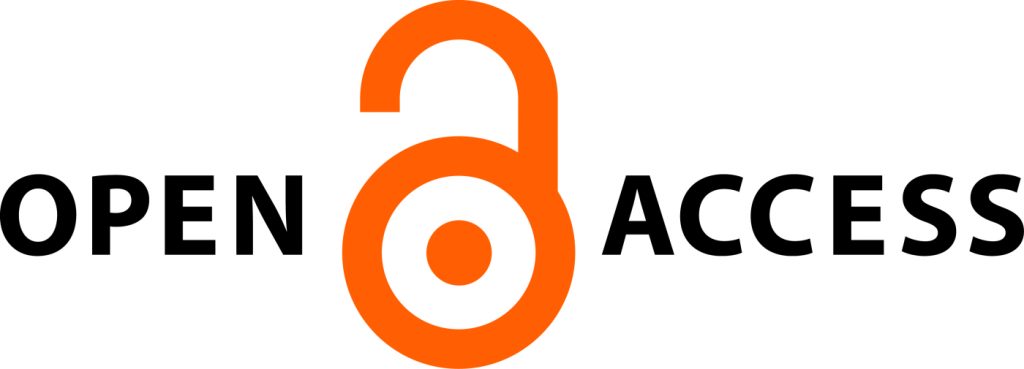I have 2 exciting events/festivals that are taking place in and around this week to tell you about and precious few graphics to go with both of them, and I didn’t want to write two separate posts since they happen to overlap quite a bit, so here goes:
- IFOA (Oct. 19 – 29), and
- International Open Access Week (Oct. 23 – 29)
OK. Let’s go in order. What’s IFOA, and how can you participate? IFOA is the International Festival of Authors, and the festival portion of it takes place at the Harbourfront Centre from October 19 to October 29. What you can hope to sit in on are “readings, one-on-one interviews, thought-provoking panel discussions, special events and free book signings” (ifoa.org, emphasis in original). You can view the full schedule of events here, take a look at all the participants this year, and find out more about the festival in general here.
And that’s not all! IFOA also has a weekly reading series that takes place from September to June. And if you’re not in Toronto this week or can’t make it to the festival events this time, have no fear: Lit on Tour is here! This is IFOA travelling all over Ontario (or well, 19 locations) from the beginning of October to the end of November. Check out the full list here.
You can also take a look at Word Alliance for other literature festivals around the world!

Moving on. The theme this year for International Open Access Week is “Open in order to…” discuss what openness entails as what it enables, from facilitating discussion to increasing transparency as regards to where information is coming from and whence authors derive their conclusions. There is also the openness about who is sponsoring what research and how those conclusions may or may not have been affected by that fact, which is something readers can judge only if they are aware of the relationship between the sponsor and the researchers. Of course, these are not the only things that openness prompts, and it is this openness, too, in the variety of answers that could arise of completing the phrase that is being celebrated. It’s organized by SPARC (Scholarly Publishing and Academic Resources Coalition), which stands for Open Access, Open Education, and Open Data.
You can check out events that are happening worldwide for International Open Access Week, and there’s also this article from ALA that lists a number of resources you can access regarding open access, including an Open Access Directory. I will point you also to this resources list from Open Access, though some of the information pertains to the U.S. specifically.
I know this all might seem less leisurely stuff than usual, but I think we all stand to benefit from knowing how to access scholarly articles (legally) and being able to do so without having to jump through hoops. Even if you don’t actually go digging around in the references section of everything you read to fact-check all the time – I definitely don’t do this all the time! – it’s great knowing that you can actually access those articles should you feel the need to verify what you’ve just heard or read. And for those of us who don’t have access to a university library’s subscription of databases, we very quickly discover there are a few roadblocks to our being able to access some articles. Of course, that’s assuming there was precise and proper citation to begin with so you can look at the exact same article the author used when writing their book or their own article, which is another openness discussion to be had.
So here are a couple of suggestions for those times you find yourself wanting to do a bit of research on the side, next time you think to yourself that you’re not sure whether Darwinism had an absolute victory over Lamarckism and want to take a look into some scholarly papers, you’ll probably have some resources available to you:
And then of course, VPL offers some great electronic resources as well, all of which you can access here. I’ve selected a few to highlight here:
- Academic OneFile
- MasterFILE Premier
- Gale Virtual Reference Library
- EXPLORA Primary (targeted at elementary students)